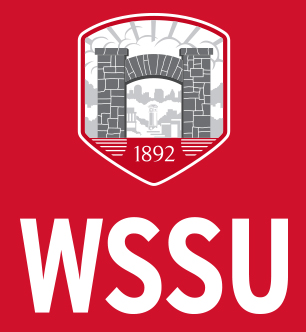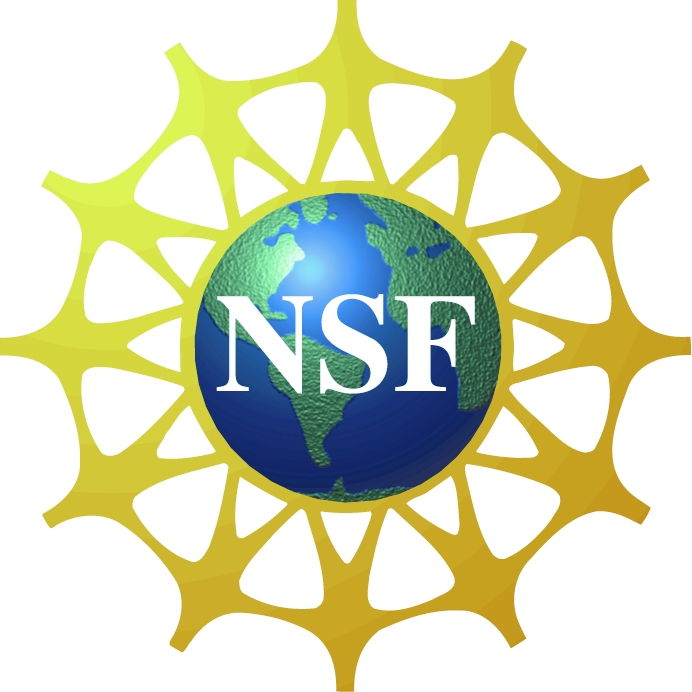DUE-0442702: NSDL: Social Bookmarking for Digital Libraries: Improving Resource Sharing and Discoverability (2011-2013)
The initial objective of this project was to develop a model and implement a service for extending the existing NSDL infrastructure with social bookmarking capabilities that promote efficient discovery, search, and exploration of the resources in NSDL and other Open Educational Resources (OER) repositories. Shortly after our grant period started, the NSDL technical team announced the termination of support for further integrations with the core NSDL Data Repository hence we had to re-focus the project. We broadened and strengthened our work on resource findability and replaced the implementation of the initially proposed NSDL service with an implementation of a standalone Computer Science OER reference repository and Portal that promote efficient discovery, search, and exploration of OER in NSDL and other existing OER collections.
The CS OER Portal (http://iiscs.wssu.edu/drupal/csoer) hosts a structured col.lection of metadata and references to both institutional and individual authors’ learning materials. It provides a single point of access to open Computer Science content including full courses, course modules and individual resources, such as lectures, assignments and quizzes. To inform the design of the portal we conducted two large-scale studies. The first study was aimed at better understanding the Computer Science instructors’ needs of open educational resources and the potential and possible impact of OER on Computer Science teaching. The second one was aimed at obtaining empirical evidence on how instructors typically find OER content. The results of the studies indicated among others the importance of the search and browsing features in OER collections and that they need a special attention. Thus the portal’s interface design was focused on better support for content exploration. Four options for exploring resources were included along with an automatic recommendation of similar resources: faceted search complemented with browsing based on the structure of the originating collections, on the ACM/IEEE CS Curriculum Recommendation and through an Index of CS terms.
The major research results of the project include the development of three methods for search and navigation that are novel in the context of educational reference repositories. These include a method for finding similar documents that extends the notion of ‘similar’, traditionally perceived as ‘tag similar’, with a new component - ‘user similar’; a method for topical recommendation in a reference repository, which is aimed at recommending content that would result from an anticipated search (preemptive contextualization) to eliminate search when possible; and a ‘query-by-navigation’ method that exploits the idea of using a common, community-accepted categorical structure and vocabulary for expressing patterns of anticipated search behavior. The implementation of the ‘query-by-navigation’ approach in the CS OER Portal allows users to formulate queries by walking through an intuitive, directory-like Computer Science topical structure based on the ACM/IEEE Computer Science Curriculum Recommendations which incorporates a consensus view of the CS community. The interface looks like a link directory but embodies a combined semantics of a navigational structure and a search query. When a user navigates to a knowledge area in the ACM/IEEE CS Curriculum the retrieved list of topics is not only shown to the user but also passed to a recommender that retrieves the set of courses in the repository matching it. In general, this mechanism allows navigation up and down the topical structure until the user recognizes the current (topical) description as an adequate formulation of their query
With the implemented multi-search strategy, the CS OER Portal provides an enhanced platform for teachers and learners to search and browse open CS resources. At the moment of writing (03/01/2014), the portal contains metadata and links to more than 780 courses and 9,000 resources coming from 43 institutional and 69 individual collections. The CS OER Portal has an associated Twitter account and a Facebook page which receive all content updates through RSS feeds. Besides its practical role, the portal provides a platform for user studies on search and exploration of content in digital repositories.
Project Products
Computer Science OER Portal.
Computer Science OER Survey.
This material is based upon work supported by the National Science Foundation under Grant No. 1044224. Any opinions, findings, and conclusions or recommendations expressed in this material are those of the author(s) and do not necessarily reflect the views of the National Science Foundation.

